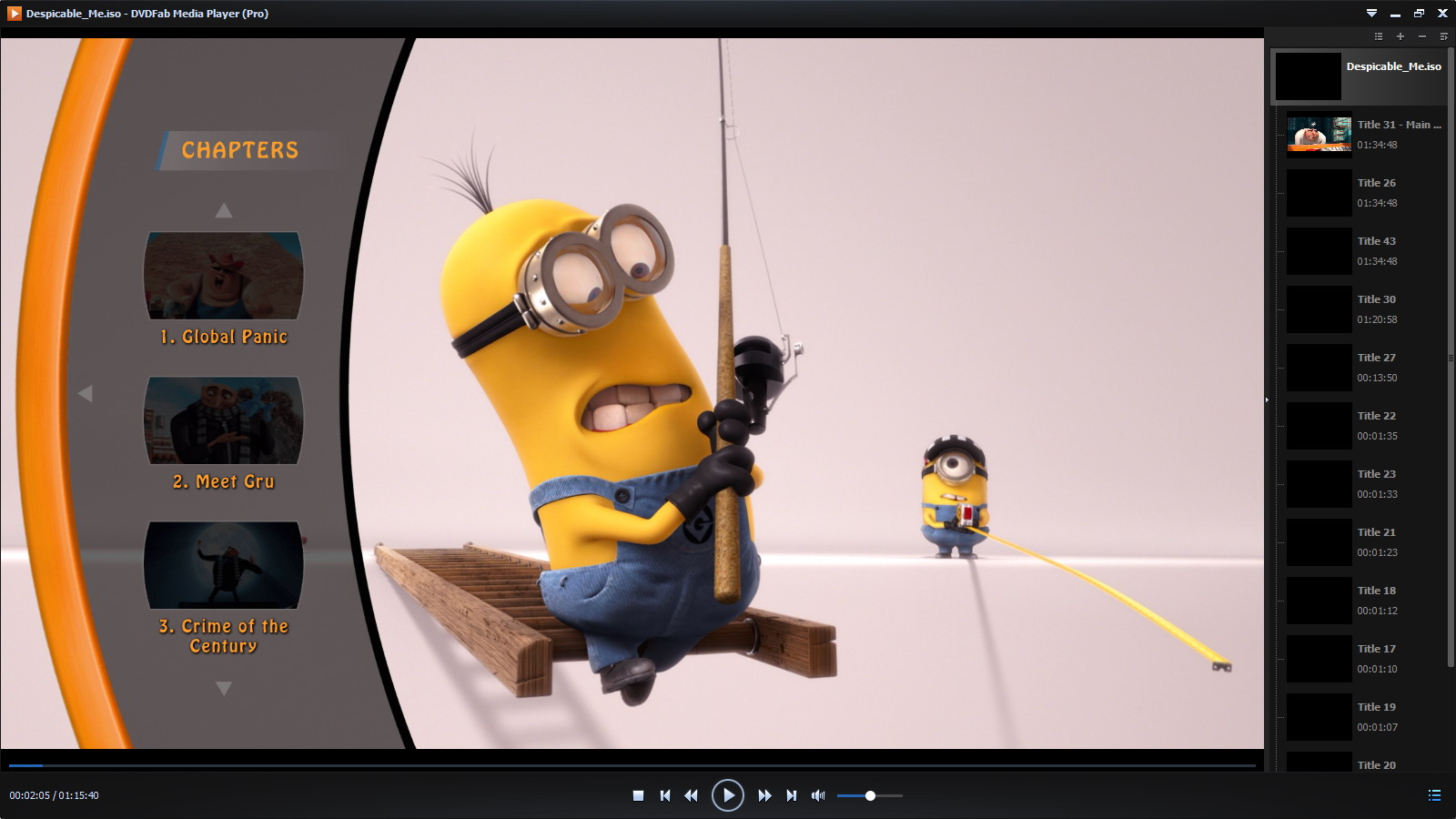Steve The Stickman, Your Virtual Breakdancer Mac OS
At a recent conference for Mac® IT admins, I was asked, “Can you run a VM from an external drive?”
- Steve The Stickman Your Virtual Breakdancer Mac Os Catalina
- Steve The Stickman Your Virtual Breakdancer Mac Os 11
- Steve The Stickman Your Virtual Breakdancer Mac Os 7
- But porting it to be a portable app will be damned near impossible. Also it is a dead project as well. Last update was in 2005. So if you want your spiffy programs go complain to them (the creators of the non portable source) and Steve Jobs. I sould take a stab at Mac on a stick agian so i can finaly play Pax Imperia agian.
- Steve the stickman, your virtual breakdancer. A downloadable game for Windows, macOS, and Linux. Steve the stickman is a very popular breakdancer. He will be doing his thing (dancing) in a tiny window (unless you make it full screen) while you do whatever. Pressing the number keys on your keyboard will add filters to the 'game'.
- Explore the world of Mac. Check out MacBook Pro, MacBook Air, iMac, Mac mini, and more. Visit the Apple site to learn, buy, and get support.
- Steve the stickman is a very popular breakdancer. He will be doing his thing (dancing) in a tiny window (unless you make it full screen) while you do whatever. Pressing the number keys on your keyboard will add filters to the 'game'.
Short answer: “Yes, absolutely. I do this all the time.”
Jump around and kick and throw ink at the attacking fuzzy monsters.
Longer answer: You have always been able to run a Parallels Desktop® for Mac virtual machine from an external drive. In Parallels Desktop 13, this performance has been significantly improved, if your external drive is an SSD drive connected to your Mac by Thunderbolt.
So that you can see what it’s like to run a VM from an external drive, I made a short video. (See video 1). I have deliberately not changed the video playback speed, or deleted any portion of it, in order for you to get an accurate “feel” of the VM’s performance.

Steve The Stickman Your Virtual Breakdancer Mac Os Catalina
Video 1: Running a Windows 10 VM from an external drive
While this is subjective, I think you’ll agree that this VM’s performance looks the same as a VM on the Mac internal storage. For the definitive word on virtual machine performance on a Mac, see this comprehensive MacTech report.
As you can see in the video (at 00:22), Parallels Desktop does alert you when you boot up a VM stored on an external drive. This is so you do not inadvertently disconnect the external drive while the VM is running. (See figure 1.)
Here are the details about the setup for this video:
Parallels Desktop 13.2.0
Touch Bar™ MacBook Pro® with 16 GB RAM running High Sierra 10.13.1 (with all patches)
External Drive: SSD2go PKT (1 TB, with USB-C connection)
Windows 10 Fall Creators Update (version 1709) with all patches
Microsoft Office 2016 Version 1710 (Build 8625.2127) with all patches
Steve The Stickman Your Virtual Breakdancer Mac Os 11
Microsoft Edge 41.16299.15.0
The easiest way to build a VM that can be used on an external drive is to create that VM in your shared VM folder. Then just move the VM’s pvm file to the external drive, as detailed in this Knowledge Base (KB) article, How to run a virtual machine from network or external mass storage. (If you want to move a VM from your personal VM folder to an external drive, you may need to adjust the VM’s permissions as detailed in the KB article, How to share virtual machine with several user accounts on a Mac.)
I hope this helps you manage the limited storage on your Mac, since you can move an infrequently used VM to an external drive and still use it without a noticeable performance penalty.
Let us know in the comments if you store some VMs on an external drive and what your experiences have been.
Steve The Stickman Your Virtual Breakdancer Mac Os 7
If you want to try running a VM from an external drive with Parallels Desktop 13, feel free to get started with our free, full-featured 14-day trial.